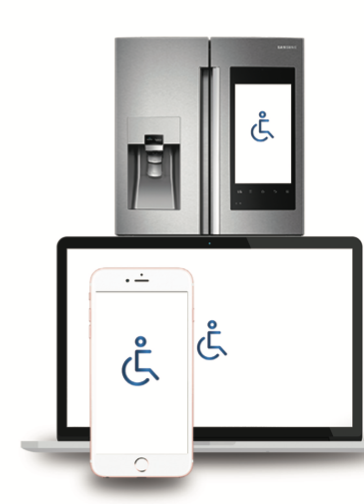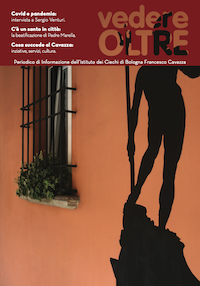The National Institute of Aids and Technology Assessment (INVAT) was formed in 2017 thanks to the National President, Mario Barbuto, and to the National Directorate of the Italian Union of the Blind and Partially Sighted. The primary intent of the Institute is to promote and evaluate assistive aids and technologies aimed at the personal autonomy and mobility of blind and partially sighted people. In organizational terms, the Board of Directors is currently composed of Dr. Mario Barbuto, President and Legal Representative, and two consultants Sabato De Rosa and Marino Attini. INVAT benefits from the services of a number of qualified collaborators, professionals and employees of the Istituto dei Ciechi Cavazza and the Istituto dei Ciechi in Milan. Among the first activities carried out is the study and assessment of some of the most current and widespread audio hardware and software players on the market, which are used by people living with vision loss. Several elements, such as the user interface, text exploration, style, font format and enlargement, text reading modes, lists, tables, indexes, bookmarks, notes, colours, contrasts, speech synthesis, content download services, supported audio and text formats, and digital rights management (DRM), have been examined in order to draft the evaluation reports on the accessibility and usability of audio software players. As far as hardware audio players are concerned, in addition to some of the previous elements, particular attention is paid to the keyboard and ergonomics, speakers, wireless connection interfaces (Wi-Fi and Bluetooth), memory media, memory browsing modes (files and folders), voice commands, FM radio and Web radio. Orizzonti Multimediali is a column edited on behalf of INVAT by consultant Marino Attini and broadcast live by Slash Radio Web every second Wednesday of the month.

It addresses in a comprehensive way current issues related in particular to science and technology, useful in different modalities to the autonomy of blind and visually impaired people. DARE (acronym of Devices Aids REgister) is the register developed with the contribution of the Technology Help Centre of the Cavazza Institute and other low vision centres to acquire in an effective and functional manner demographic and epidemiological data, as well as the perceived level of quality of life and knowledge about aids and equipment by the people who participated in the survey. Accessibility, usability and user-friendliness of websites and related apps are monitored and assessed through the drafting of boards by technicians who are experts in Braille terminals and software for reading and enlarging the screen. A professional tool developed by the company Siteimprove is also used, specifically aimed at the objective review and evaluation of websites, thanks to a set of automatic tests complying with the Web Content Accessibility Guidelines (WCAG). INVAT's activities relating to accessibility, usability and user-friendliness also extend to general household appliances, such as washing machines, refrigerators, dishwashers, microwave ovens and stovetops, as well as those relating to televisions, smart speakers and smartwatches, with in-depth information available on the relevant YouTube channel.





.png)